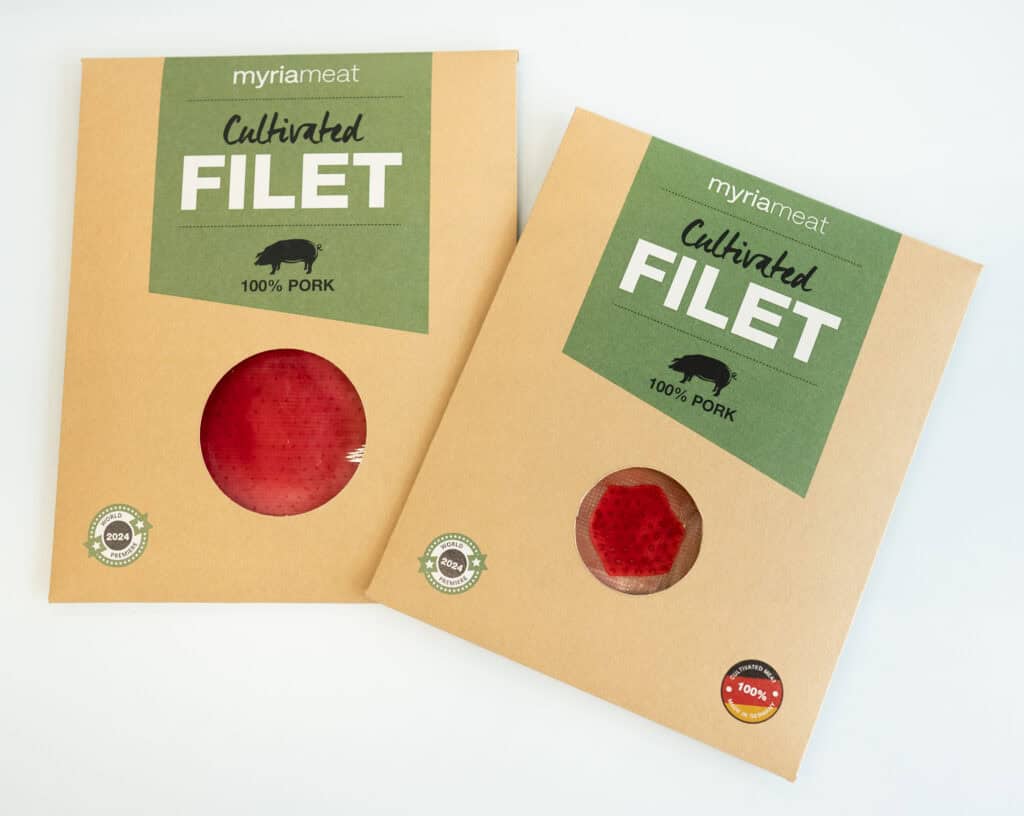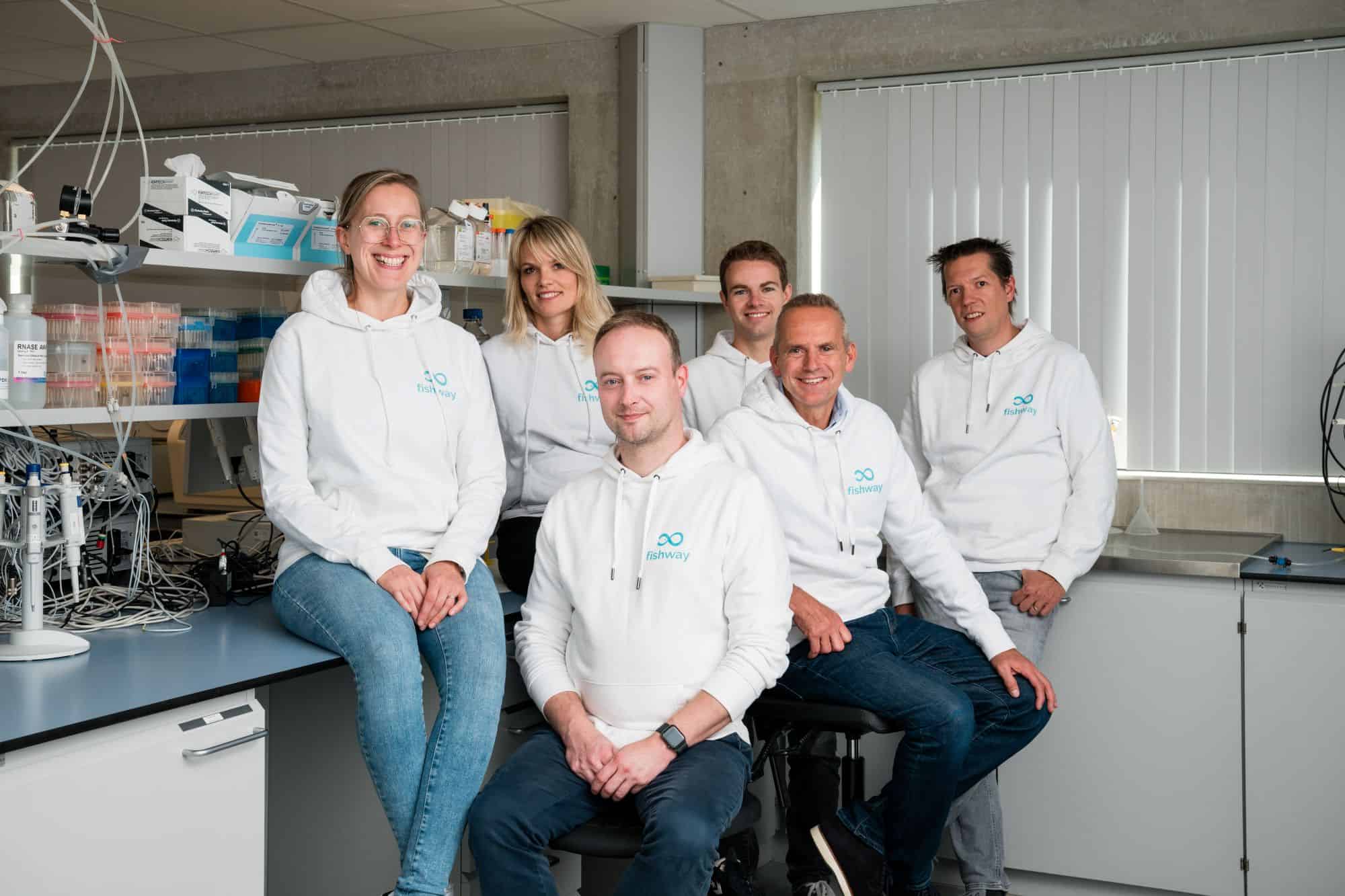A new report by EIT Food’s Consumer Observatory has assessed the attitudes of European consumers to food products made using biotechnology.
The results indicate that 35% of people are open to consuming cultivated meat, while almost 43% are willing to try precision-fermented dairy products. However, just 23% would consume 3D-printed food, while only 26% are open to genetically altered products.
Younger consumers are the most willing to try food produced using biotechnology; 34% of 18-34-year-olds said they would do so, compared to just 17% of over-55s. More highly educated respondents were also more likely to be open to biotech products.
The highest rates of unwillingness were found in major markets such as France (52%) and Greece (56%). Some consumers worried that biotech could be misused by large corporations and that the benefits would be unfairly distributed. These concerns will need to be addressed ahead of the EU’s proposed Biotech Act, which aims to help bring biotech products to market.

“Biotechnology can play a transformative role”
According to the report, policymakers must build trust through transparency, which could include responding to public concerns regarding sustainability regulations and providing greater clarity on how the EU regulates food safety and sustainability. Additionally, it will be important for retailers to clearly label products made using biotechnology.
A recent meta-analysis found that perceived ethicality was one of the main factors that would encourage consumers to purchase cultivated meat; however, many people were found to have concerns that would discourage them from consuming cultivated products, including neophobia (aversion to new foods), fears around safety, and negative taste expectations.
Another recent study by the EIT Food Consumer Observatory concluded that cultivated meat must be carefully positioned within the cultural context to gain acceptance in Europe. This may include building consumer trust in the safety, healthiness, and environmental benefits of cultivated meat, while increasing awareness of the negative health and environmental impacts of conventional meat.
“This report provides vital insights into how consumers perceive the EU Biotech Act and what it means for the future of our food system,” said Lorena Savani, Director of Thematic Leadership, Biotech and Protein at EIT Food. “At EIT Food, we believe biotechnology can play a transformative role in driving food innovation, strengthening climate resilience, and improving global health outcomes. Public trust and engagement are essential to unlocking this potential – meaning the report is a crucial step forward towards building a sustainable, secure, and healthy future for all.”




